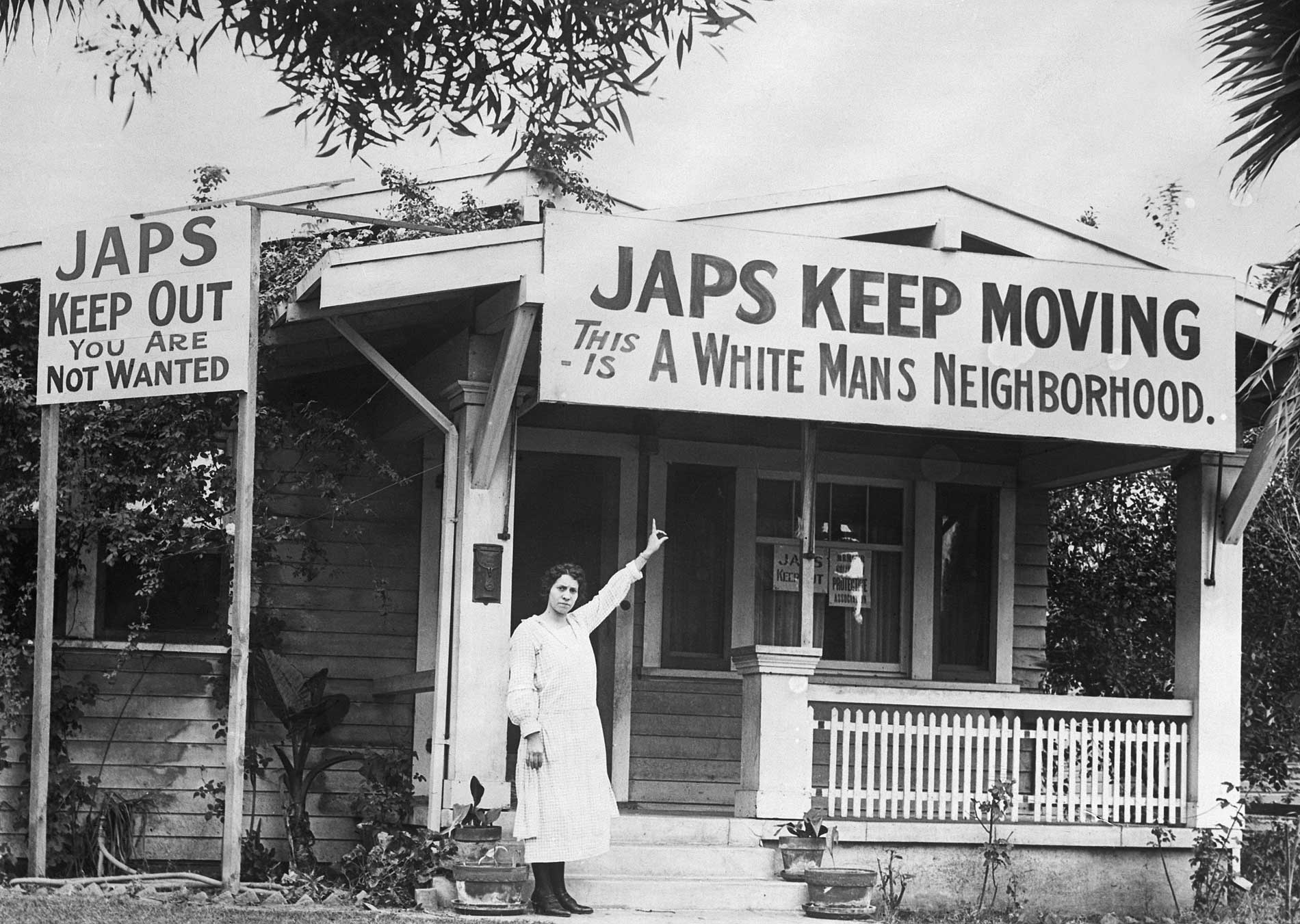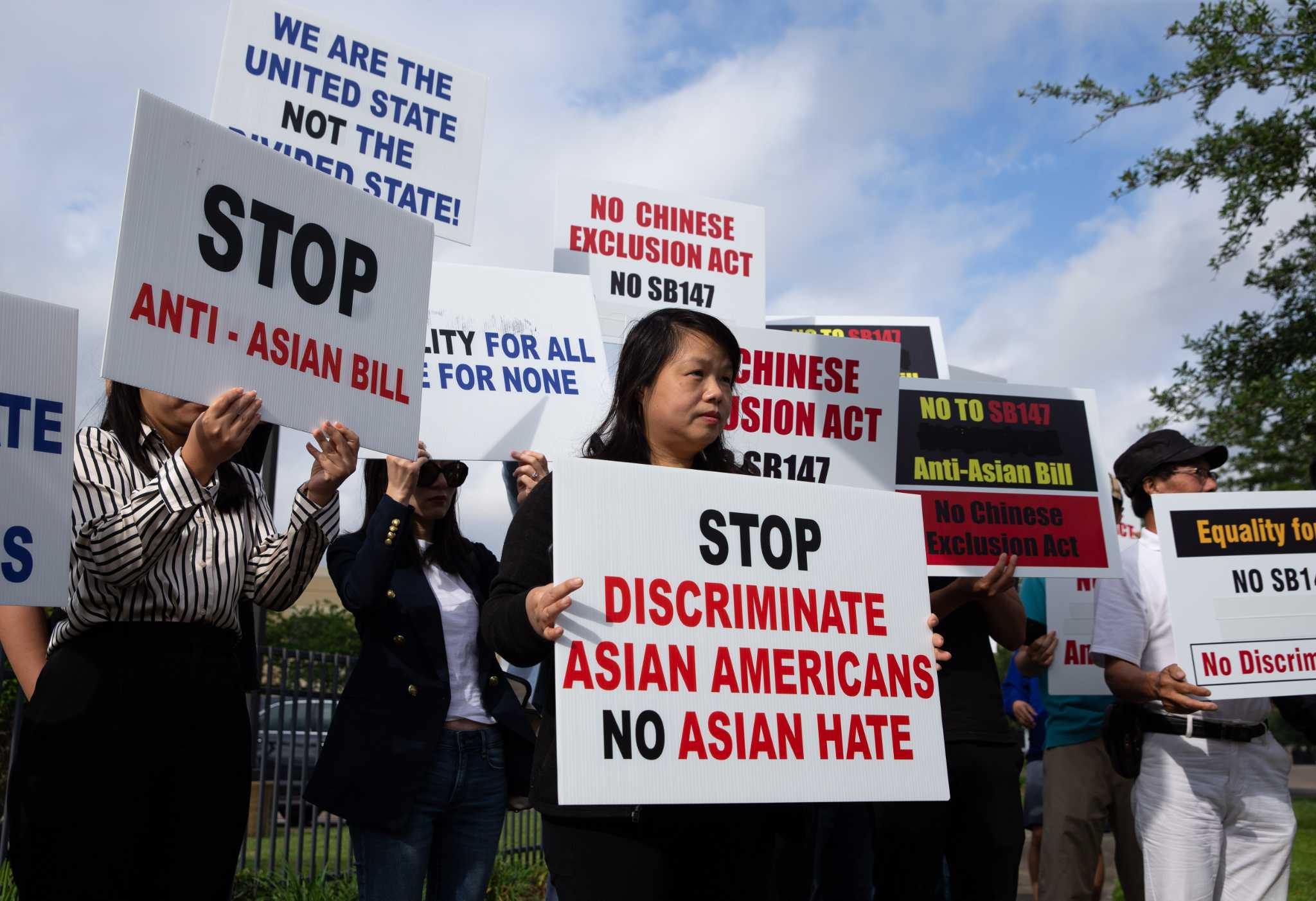Research
My research examines how housing supply shapes access to housing and place by analyzing how housing policy, land use regulation, and market dynamics interact to determine who can live where, under what conditions, and with what consequences.
Methodologically, I use quantitative, geospatial, and qualitative approaches to trace the institutional mechanisms that reproduce segregation and selective inclusion across the United States and comparative contexts.
You can find my published research on my Google Scholar profile.
Governing Access: Land Use and Housing Policy
My research examines how access to housing and neighborhoods is governed through housing supply. Methodologically, I leverage novel administrative and commercial data, combined with quantitative and geospatial approaches, to observe these processes at fine spatial and temporal scales and to connect policy and market changes to household level mobility outcomes.
Regulating Entry and Exit through Housing Supply
Planners and policymakers increasingly look to zoning reform and housing supply strategies to address affordability. Yet debates about supply often focus narrowly on production, overlooking how the intensity, location, and form of housing development, as well as changes to existing housing stock, shape access differently across neighborhoods and groups. My research examines how housing supply policies regulate entry and exit by shaping both opportunities for in migration and risks of displacement.
- Chapple, K. & Song, T. (2025). “Can New Housing Supply Mitigate Displacement and Exclusion? Evidence from Los Angeles and San Francisco.” Journal of the American Planning Association 91(1), 1-15.
- Blog Post (Housing Matters at Urban Institute)
- Video Explainer (Urban Displacement Project)
- Davis, J., Song, T. & Chapple, K. “How Does Upzoning Impact Residential Mobility Among Low-Income Households? Evidence from New York City.” Revised and resubmitted to a journal.
Geography of Displacement: Gentrification and Neighborhood Change
For decades, scholars have debated how gentrification unfolds and whether it leads to the displacement of vulnerable groups. Yet quantitative and qualitative evidence often diverge, largely due to challenges in measuring displacement with existing data. Drawing on new data sources and improved measurement strategies, my research reveals the exclusionary effects of gentrification on low-income renters and the property-level mechanism through which it unfolds.
- Song, T. & Chapple, K. (2024). “Does Gentrification Constrain Housing Markets for Low-income Households? Evidence from Household Residential Mobility in the New York and San Francisco Metropolitan Areas.” Urban Studies 61(13), 2603-2622.
- Song, T. & Reid, C. “The Implications of Naturally Occuring Affordable Housing (NOAH) Sales for Residential Mobility.” Forthcoming in Journal of American Planning Association.
Big Data, Residential Mobility, and Measuring Housing Exclusion
Understanding processes of housing and neighborhood exclusion requires measuring who moves, who stays, and who is omitted from data. My methodological work evaluates new consumer and administrative datasets for capturing residential mobility and exclusionary dynamics at fine spatial scales, while developing best practices to address data biases that may distort the representation of marginalized and underrepresented groups.
- Ramiller A., Song, T., Parker, M. & Chapple, K. (2024). “Residential Mobility and Big Data: Assessing the Validity of Consumer Reference Datasets.” Cityscape 26(3), 227-239.

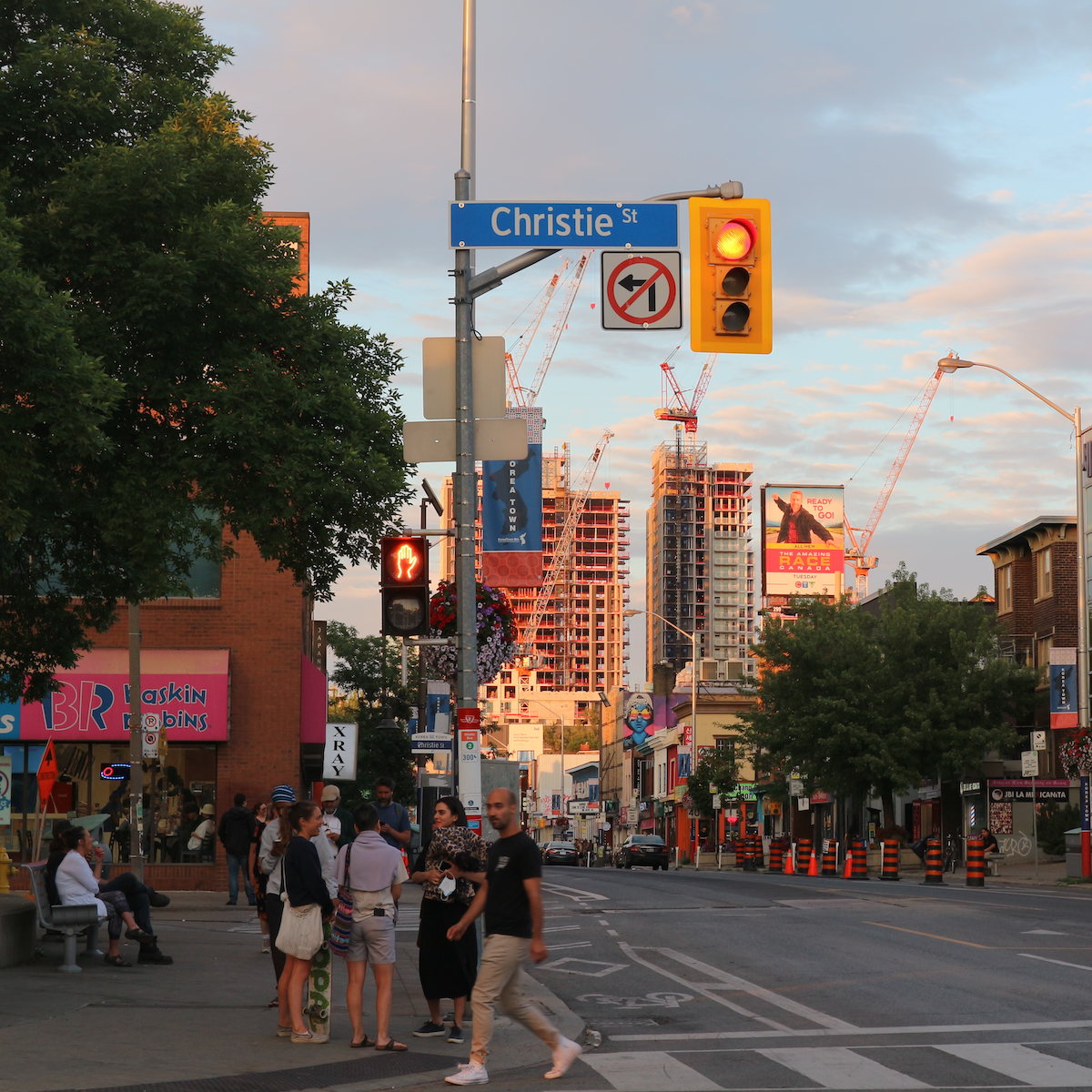
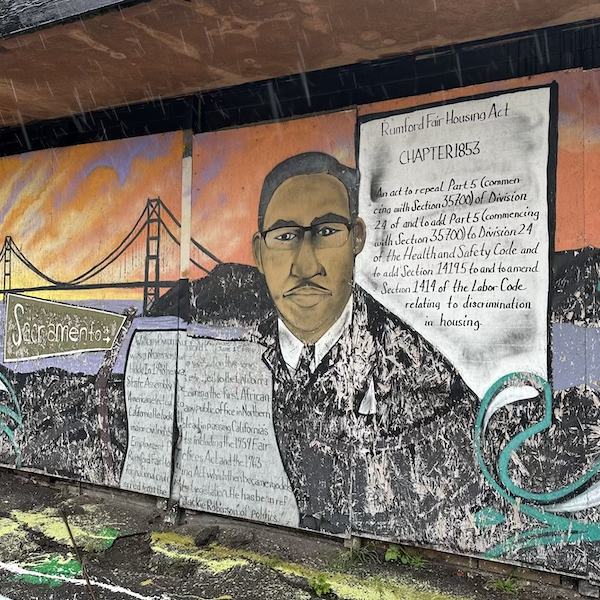
Housing Inclusion and Exclusion among Immigrants
My other line of research uses mixed methods to examine how immigration reshapes—and is simultaneously shaped by—racialized boundaries of belonging in housing markets. Focusing on Asian populations in the United States and Canada, an underrepresented group in housing research, I trace how historical and contemporary land use regimes, housing policies, and racialized political and media narratives continue to reproduce differential inclusion and inequality across scales.
Divergent Immigrant Incorporation in Housing Access
My dissertation challenges the treatment of Asians as a monolithic “other” within the Black-White binary paradigm, arguing that this categorization reinforces racial inequality by perpetuating the “model minority” stereotype. I argue that prior research has obscured significant housing disparities within the diverse pan-ethnic Asian American community, and that by paying attention to this diversity, we can observe divergent patterns of incorporation. I also highlight how land use and housing policy continues to stratify Asian American housing outcomes despite their significant gains in socioeconomic attainment, complicating contemporary narratives around race and class in housing access.
- Song, T. “Immigration, Housing Markets, and Ethnic Divergence in Asian American Homeownership, 2000–2019.” Under review at a journal.
- Song, T. “How Does Suburban Housing Supply Shape Asian American Segregation?”. In preparation for journal submission.
- Song, T. “Who Gets In, and on What Terms? Land Use Regimes and the Divergent Making of Asian American Suburbia”

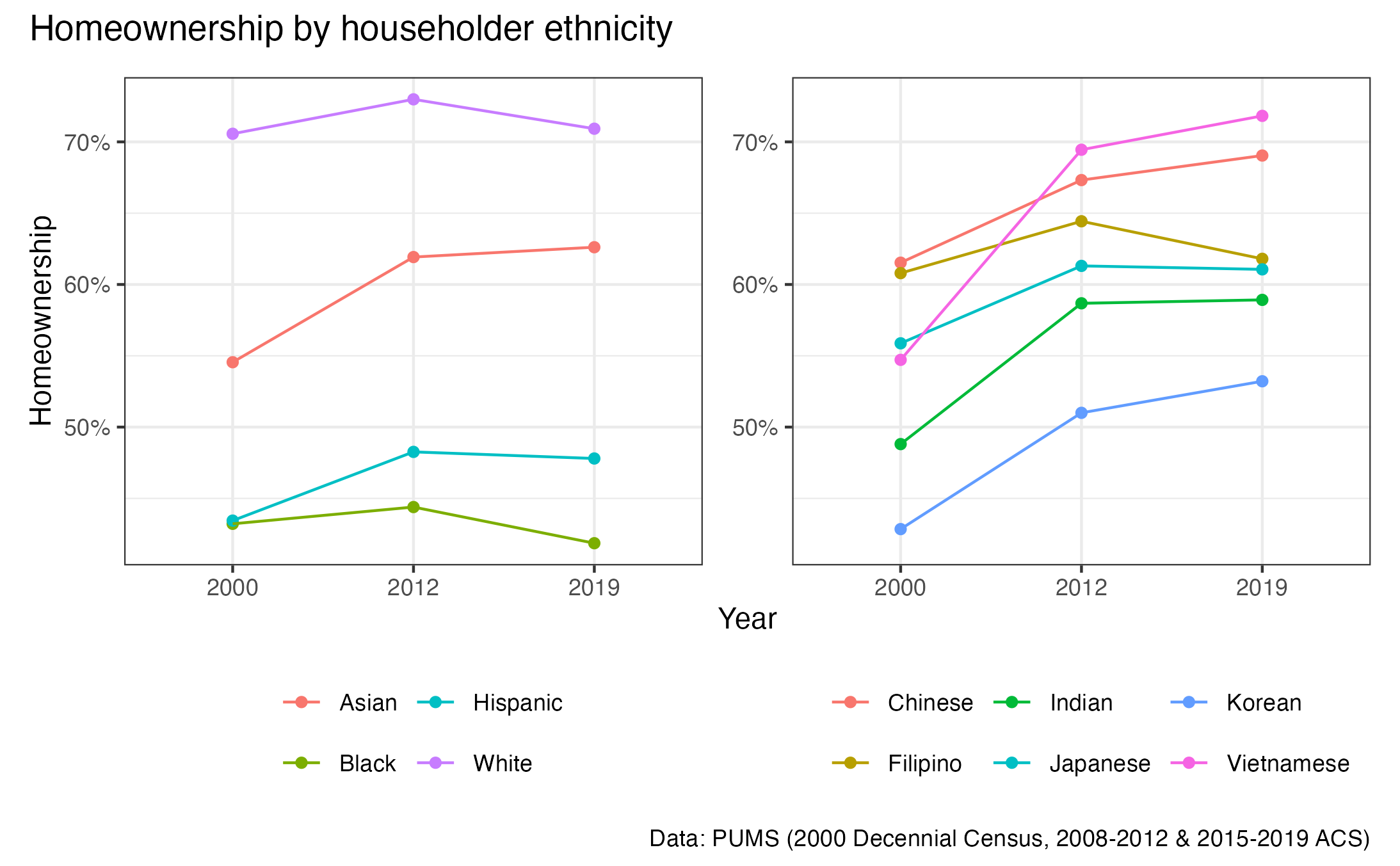
Racialized Narratives and Legislating Housing Exclusion
While immigration debates have traditionally centered on labor market competition, housing affordability has emerged as a growing site of politicization—often with a focus on Asian, particularly Chinese, immigrants. In particular, Anglosphere countries such as Canada, Australia, and New Zealand have implemented taxes and restrictions aimed at limiting non-citizen home purchases, framing them as a response to rising housing costs. These policies have fueled broader public discourse and, in some cases, contributed to more restrictive immigration measures, especially in Anglosphere countries. In the United States, Texas and Florida legislated property purchase bans targeting Chinese nationals, including immigrants in the country. I am interested in how such policies both reflect and reinforce racialized narratives of Asian immigrants, drawing on historical parallels such as the Alien Land Laws. I also quantitatively assess the impacts of these restrictive policies on the housing market.
- Song, T. (2025). “Anti-immigration and the Politics of Housing Affordability: Examining the Evolution and Housing Market Impacts of Foreign Buyer Taxes in British Columbia and Ontario.” Journal of Urban Affairs, 1-17.
